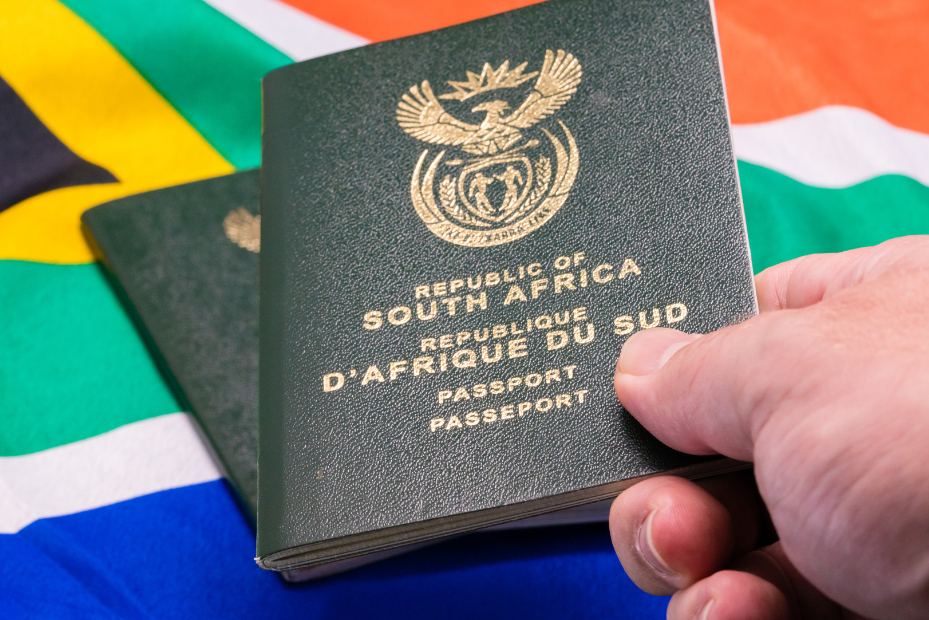South Africa is giving its passport system a major facelift — and it’s not just about new tech. Home Affairs Minister Leon Schreiber has announced a full overhaul of how the country issues and secures passports, all in a bid to rebuild international trust and hopefully win back visa-free travel to key destinations.
At the heart of the reform is a new, smarter population register that links identities across government agencies and even private institutions. This “intelligent register” will make it easier to verify South African citizens, close loopholes and prevent fraudulent passports from being issued.

One of the big weaknesses in the old system — where photo-booth pictures weren’t properly verified — has already been fixed. Now, anyone applying for a passport will have their photo biometrically matched to the national database before a document can be issued.
The next step is introducing an e-passport embedded with a biometric chip containing facial and fingerprint data, bringing South Africa in line with international standards. It’s a move that many countries have already made — and one that’s become increasingly important as global travel security tightens.
According to Schreiber, the recent visa restrictions South Africans have faced, like Ireland’s decision to reintroduce visa requirements, aren’t political. They’re a direct result of concerns about verification and document integrity. By tightening up passport security, South Africa hopes to demonstrate that its travel documents can once again be trusted.
The overhaul won’t fix things overnight, but it’s a clear signal of intent. With stronger systems, smarter tech and stricter checks, South Africa is betting it can regain the confidence of other nations — and restore some of the global mobility its citizens have lost in recent years.
***